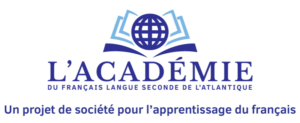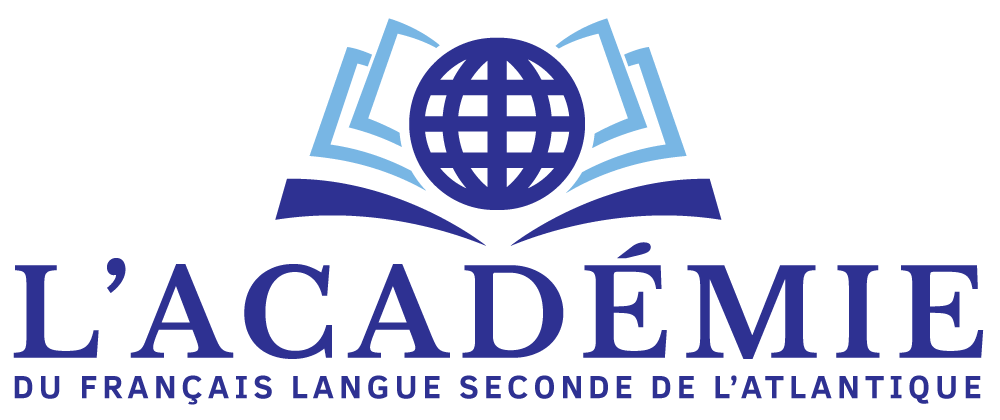
Frequently asked questions
The French-as-a-second-language training program is relevant : it is aligned with linguistic profiles A, B and C of the Canadian public service. It is based on rigorous quality standards for teaching French as a second language in Canada.
It fosters an inclusive and dynamic learning environment, enabling everyone to develop their independence and capacity to learn. Training is accessible and flexible : learners can access their training wherever they are, from a computer, tablet or cell phone. They can follow the course at their own pace, enabling to reconcile professional and personal commitments with training in French as a second language.
AFLSA offers training in three language levels divided into 15 learning units :
- Level A – Beginner
- Level B – Intermediate
- Level C – Advanced
The training program is based on a well-defined competency profile that outlines what the learner will be able to do and demonstrate at the end of the program.
Anyone interested in enrolling in the training program must follow the language training admission procedure offered by their workplace, and contact AFLSA to establish their training plan.
Training can be spread over a part-time schedule (2.5 h per week), an accelerated part-time schedule (4 h, 5 h or 10 h per week) or a full-time schedule (25 h per week).
The online training is in hybrid format : the learner follows their training autonomously on the AFLSA e-learning platform and participates in virtual sessions with their tutor to practice, reinforce, validate and consolidate their learning throughout the course. Teaching materials are integrated into the learning platform.
The training program evaluates the learning outcomes of each learner and attests to the achievement of program competencies. These assessments do not replace the language proficiency assessments of the Public Service Commission of Canada or those offered by the Government of New Brunswick’s Language Assessment Services.
Please contact AFLSA for pricing based on your context and needs.
Learning modalities are in hybrid format, i.e. a combination of self-study and tutoring sessions. This means that learners follow their training autonomously on an e-learning platform and take part in virtual sessions with their tutor to practice, reinforce, validate and consolidate their learning throughout the course.
Once admitted to the training program, the learner receives a connection link to the learning platform and a training plan. You can see your progress along the learning path. Progress reports are also provided at defined intervals.
Yes, learners are supported throughout their training. Virtual sessions with their tutor are an integral part of the training program.
During regular training, learners take part in virtual sessions with their tutor to practice, reinforce, validate and consolidate their learning.
AFLSA is also planning other opportunities for learning French as a second language, such as a short-term summer program combining language and cultural learning. Stay tuned!
Don’t hesitate to write to us
For further information, a placement test and to register.
E-mail :
Phone :
info@aflsa.ca
506.269.1925

A Societal Project for Learning French
Both official languages are an integral part of Canada's cultural landscape and identity.

